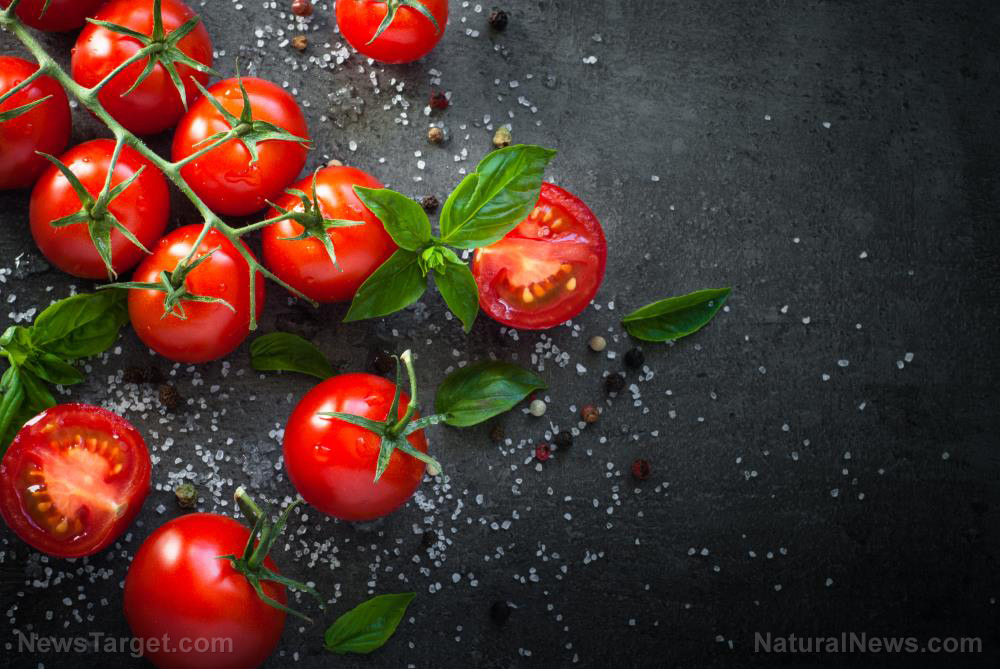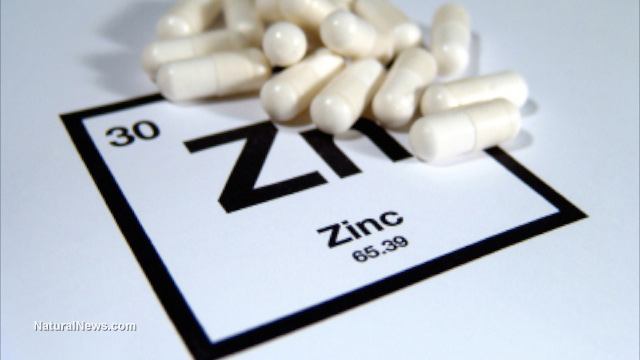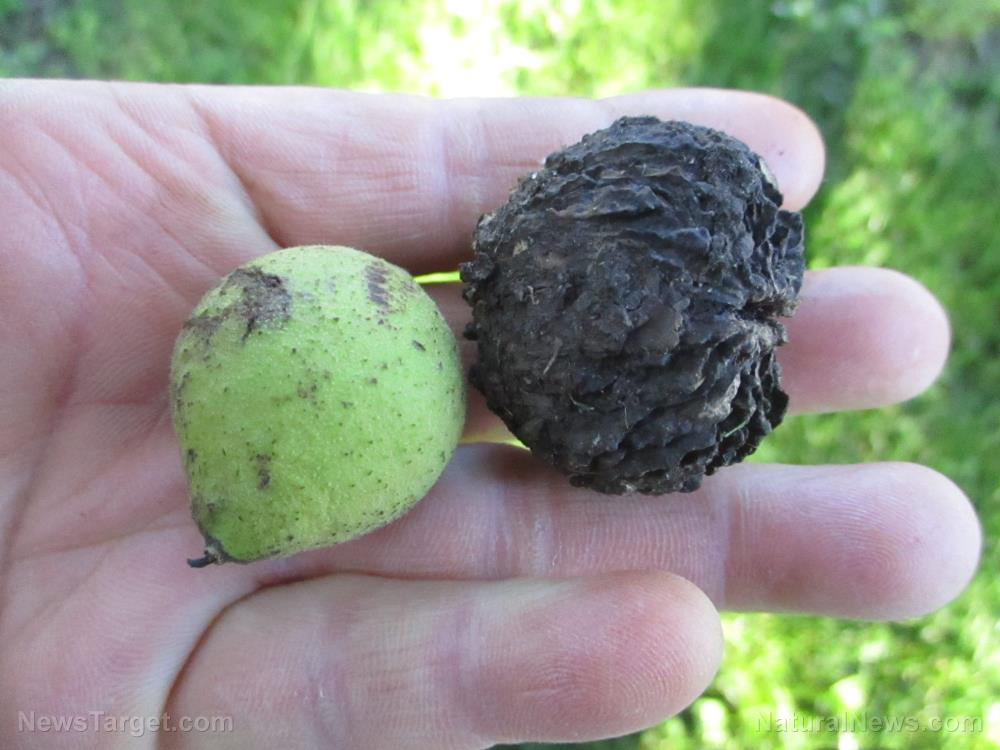Foods that make you look younger
01/31/2019 / By Zoey Sky

Your diet is linked to more than your overall well-being, especially since what you eat can also influence your skin health. Aside from being full of vitamins and minerals, a diet that contains fresh fruits and vegetables gives your body access to antioxidants that can help boost skin health and protect your skin from sun damage.
Below is a list of foods that you can eat regularly if you want younger-looking skin.
- Avocado – Creamy avocados contain vitamin E that helps keep your skin moisturized. According to studies, vitamin E can also reduce free radicals and prevent skin damage due to UV rays.
- Bell peppers – Eating bell peppers, which contain vitamin C, can help boost your collagen levels. This, in turn, can help keep your skin firm and youthful-looking.
- Blueberries – Free radicals are particles that can damage skin cells and reduce collagen, which can make your skin more prone to wrinkles. Offset free radical damage by eating blueberries full of antioxidants. Half a cup of these berries can double the amount of antioxidants that the average American gets in a day.
- Eggs – Eggs contain lutein that can keep your skin firm and hydrated. Lutein also promotes the natural oils that keeps skin radiant.
- Kiwi fruits – Kiwi can provide 141 percent of your daily value for vitamin C, which the body needs to produce collagen. This protein is responsible for the elasticity of your skin. As you age, collagen naturally breaks down and causes wrinkle formation. Consume vitamin C-rich foods to counteract this side effect of collagen break down.
- Leafy green vegetables – Leafy greens are full of lutein and zeaxanthin, two carotene compounds that you need to protect your skin cells and keep them hydrated. These compounds can also help minimize skin damage. (Related: Eat these foods to look younger (and feel great!))
- Mangoes – Mangoes are full of beta-carotene that can help the skin repair itself. Beta-carotene also helps your skin stay smooth and delay the appearance of wrinkles. This fruit is also rich in vitamin A that can protect cells and help them regenerate. Other natural sources of vitamin A include apricots, cantaloupes, carrots, sweet potatoes, and winter squash.
- Mushrooms – Mushrooms have selenium, a crucial mineral that can also prevent sun damage.
- Salmon – Salmon is rich in omega-3 fatty acids that can help minimize inflammation, which may affect how your skin looks. This fish also has nutrients like vitamin D and antioxidants that can help lower skin cancer risk. These nutrients can also address skin conditions like acne and rosacea.
- Shellfish – Shellfish like mussels, oysters, and shrimp, have zinc, another immune-boosting mineral that can also protect skin cells from long-term damage. Shellfish are good sources of lean protein that are low in calories.
- Strawberries – Strawberries contain vitamin C and flavonoids that can both maintain and promote skin health.
- Sunflower seeds – Nuts and seeds are full of vitamin E, which can help protect your cells and give skin a healthy glow. Add nutritious sunflower seeds into salads, soups, or sautés. You can also eat a handful of seeds as a savory snack.
- Tomatoes – Tomatoes contain lycopene, a pigment that naturally occurs in your skin. Tomatoes can’t replace sunscreen, but lycopene offers long-term protection against UV radiation. The pigment can also neutralize harmful free radicals.
Add more of these nutrient-rich foods to your diet if you want to have glowing and younger-looking skin.
Visit Longevity.news to view more articles about other healthy foods that can make you look and feel younger.
Sources include:
Submit a correction >>
Tagged Under:
aging, bell peppers, diet and nutrition, eggs, Kiwi, Leafy greens, live longer, long life, longevity, Mangoes, Mushrooms, natural health, salmon, shellfish, skin health, Strawberries, sunflower seeds, tomatoes, vitamins and minerals
This article may contain statements that reflect the opinion of the author
RECENT NEWS & ARTICLES
Antioxidants.News is a fact-based public education website published by Antioxidants News Features, LLC.
All content copyright © 2018 by Antioxidants News Features, LLC.
Contact Us with Tips or Corrections
All trademarks, registered trademarks and servicemarks mentioned on this site are the property of their respective owners.





















